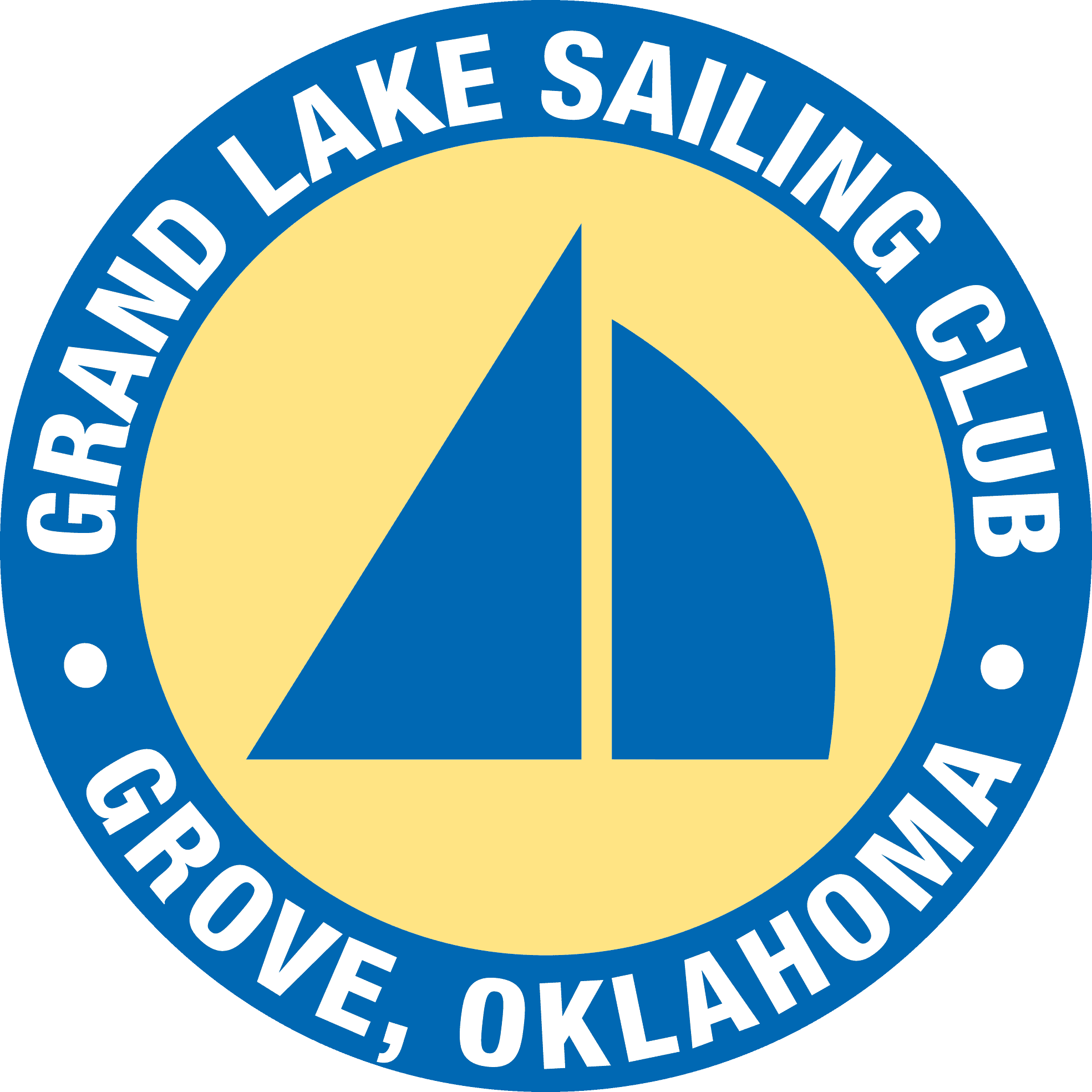Junior Membership Program Proposal
Prepared by Clint Baxter for the GLSC Board • October 2025
Board Summary
Objective
Grow GLSC’s pipeline of future full members by making it easy for ages 18–29 to start sailing here—without changing governance or slip policies.
Solution
Launch a Junior Fleet program (18–29). Juniors may join now (even with zero experience), pay reduced initiation and dues, participate in club events, crew, complete a short on-ramp, then reserve fleet boats under fair-weather limits. Volunteer hours provide credit toward the member’s conversion to full membership at age 30.
Safeguards
Non-voting; no slip rights; standard waiver and damage policy; club events and senior fleet reservations have priority.
Motion for Vote
Approve the Junior Fleet Membership program as outlined. $150 initiation fee, $30 monthly – not an annual obligation, fleet only, non-voting, no slip rights.
Program Overview
Who it’s for
New and developing sailors (18–29) who don’t own a boat but want to learn, sail regularly, crew, race, and plug into club life.
Ideal for: College students, young professionals, budget-conscious young adults; new or returning sailors (18–29); race-curious crew.
How it works
Join now → Orientation → If no sailing experience → two mentored sails → checkout → reserve club boats under novice skipper limits.
Credits: Junior members can earn credits that reduce the $1,000 initiation due at age-30 conversion. They receive $10 per volunteer hour (up to $200) and the full $150 Junior initiation fee is credited as well (max $350).
Junior Fleet Program Overview
| Summary | |
|---|---|
| Who | Ages 18–29 · fleet-only · non-voting · no slip rights |
| Price | Initiation now $150; $30 monthly - not an annual obligation; remainder due at age-30 conversion less credits |
| Credits at conversion | Paid-initiation $150 + volunteer $10/hr (to $200) · cap $350 · remainder = $1,000 − credits (min $650) |
| Usage & safety | Checkout before first reservation; 24-hour cancellation; club events & senior fleet priority; 1 guest with waiver |
No Sailing Experience Junior On-Ramp
| Summary | |
|---|---|
| Path | Orientation (90 min) → Mentored Sail #1 (crew, 2–3 h) → Mentored Sail #2 (at helm, 2–3 h) → Checkout (60–90 min) |
| Skills | Rules, reservation etiquette, damage policy, PFD/VHF; rigging; tacks/gybes; reefing; heave-to; MOB figure-8; approach/dock; de-rig |
| Endorsement | Pass checkout → Skipper Endorsement (novice limits apply); if not yet, one targeted mentored sail |
| Novice limits | Daylight only; within designated area; wind ≤ 12 kt (gusts ≤ 15); PFDs on deck; cell/VHF monitored; max 1 guest unless another endorsed skipper aboard |
Motion for Vote
Approve the Junior Fleet Membership program as outlined. $150 initiation fee, $30 monthly – not an annual obligation, fleet only, non-voting, no slip rights.
Club Benefits - Why This Matters Now
Benefits
A steady membership pipeline (today → 5 years out)
- Top-of-funnel: “Under-30, no boat required” invites curious sailors who’d never inquire about full membership. (ie. College students, young professionals, budget-conscious young adults)
- Middle-of-funnel: A simple on-ramp (orientation → mentored sails → checkout) converts curiosity into regular participation.
- Bottom-of-funnel: As juniors age out, the default next step is full membership—we’re seeding future full GLSC members, boat owners, race captains, committee leads, and board members.
Lower barriers for younger sailors
- Cost: Low monthly dues and deferred initiation make “try sailing here” an easy yes.
- Complexity: A short, supportive skills path replaces the usual “figure it out yourself.”
- Confidence: Mentored sails build competence fast—then a clear endorsement unlocks skipper privileges under fair-weather limits.
More activity on the water (without straining governance)
- Racing & regattas: Reliable new crew and emerging skippers increase race participation and club energy.
- Fleet utilization: Club boats get used more often and more predictably—data we can use to schedule maintenance and upgrades.
- Governance & slips protected: Juniors remain non-voting with no slip rights; senior programs keep priority.
A volunteer flywheel
- Mentor culture: Experienced members have a simple, structured way to give back.
- Recognition: Volunteer hours are visible and valued, strengthening retention on both sides (mentors and juniors).
Brand, outreach, and community goodwill
- Regional visibility: A welcoming junior path stands out in NE OK / NWA / SW MO; great PR with schools, youth orgs, and local media.
- Growing the next wave: Welcoming new sailors of all ages so more people get time on the water with GLSC.
- “First-sail memories happen here.” That story belongs to GLSC, not to a rental dock or another lake.
Financial resilience
- Now: modest monthly dues; healthy demand for instruction and events.
- Later: natural conversions to full membership as juniors age out.
- Always: better forecasting from real usage data (seasonality, popular time blocks, training interest).
Appendix
Research
What other clubs offer
- Age windows & lower dues. Many clubs define Junior/Young Adult as under 30–35 with reduced dues and no vote. Examples: Annapolis YC (Junior 16–29; Intermediate 30–35), Wianno YC (Junior up to 30, cheaper dues), Deep Creek YC (Junior 21–30, reduced cost).
- Very low fees for true juniors/students. Mission Bay YC lists juniors (12–21, student) with no voting; application shows ~$30/mo. Kona SC charges $100/year for ages 19–30; $25/year for <18.
- Lower/waived initiation for younger members. SMSA: $0 initiation for Junior, $200 for Young Adult (vs $288 regular). Western Carolina SC tiers initiation by age (18–29: $110). Concord YC waives initiation and halves dues for 21–32.
- Education tie-ins. Austin YC exempts Junior Student members from initiation; some schools/centers waive initiation when you take a course—proof a “train-to-join” concept works.
What this suggests for GLSC
- Price is the barrier, not desire. Most clubs slash initiation for <30 and keep dues modest.
- Voting/board rights are commonly withheld until full membership—keeps governance stable while growing the pipeline.
